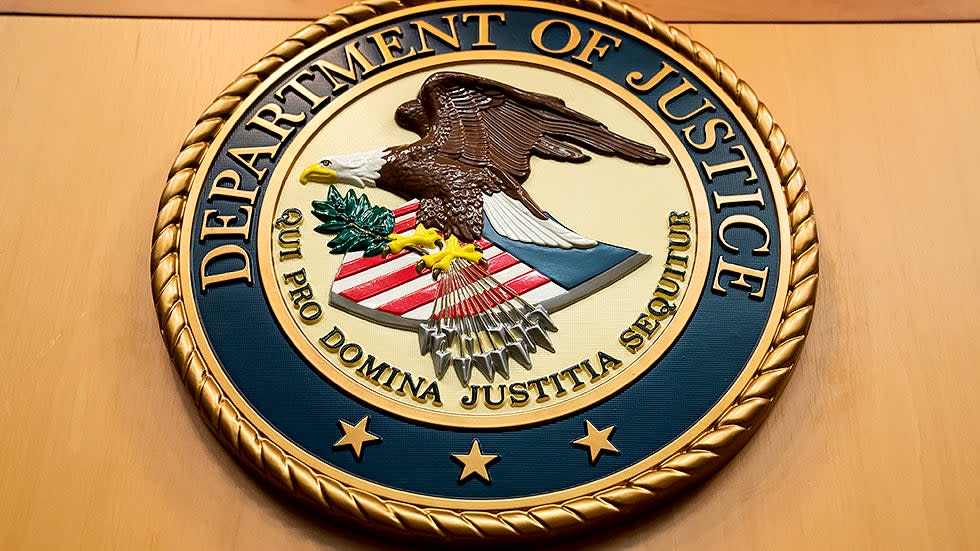DOJ establishing new unit focused on domestic terrorism

- Oops!Something went wrong.Please try again later.
The Department of Justice (DOJ) is launching a unit dedicated specifically to domestic terrorism, the department's top national security official told lawmakers Tuesday.
Matthew Olsen, the assistant attorney general for national security, made the announcement as he noted that the number of domestic terror investigations launched by the FBI has more than doubled since March 2020.
The DOJ already has a counterterrorism unit designed to handle both international and domestic cases.
"I decided to establish a domestic terrorism unit to augment our existing approach," Olsen said.
"This group of dedicated attorneys will focus on the domestic terrorism threat, helping to ensure that these cases are handled properly and effectively coordinated across the Department of Justice and across the country."
The formation of the unit shows the pains the Justice Department is taking to refocus attention on a growing domestic terror threat after spending years primarily dedicated to international terror groups following 9/11.
Domestic terrorism cases can present more complexities given U.S. laws protecting free speech of all stripes.
"We've seen a growing threat from those who are motivated by racial animus as well as those who ascribe to extremist anti-government and anti-authority ideologies," he said.
FBI National Security Branch Executive Assistant Director Jill Sanborn also testified at the hearing, echoing other national security experts in warning of lone wolf actors.
"The greatest terrorism threat facing the United States today remains that posed by lone actors or small cells, who typically radicalized online and look to use easily accessible weapons to attack soft targets," she said.
But Olsen also faced questions from Sen. Mazie Hirono (D-Hawaii) about why the department hasn't been pursuing enhanced terrorism penalties for those involved in the Jan. 6, 2021 attack on the Capitol.
"Each case will depend on the specific facts and circumstances of those cases," Olsen said, though he did not rule out their use in future cases.
The testimony follows a memo issued by the Department of Homeland Security (DHS) on the anniversary of the Jan. 6, 2021, riot warning of an uptick in chatter on extremist online platforms, including threats against lawmakers.
That memo, obtained by The Hill, said national security officials had no indication of a specific and credible plot.
"DHS and FBI have identified new content online that could inspire violence, particularly by lone offenders, and could be directed against political and other government officials, including members of Congress, state and local officials, and high-profile members of political parties," including outside of Washington, John Cohen, DHS's head of the Office of Intelligence and Analysis, wrote in the memo.
-Updated at 12:53 p.m.

